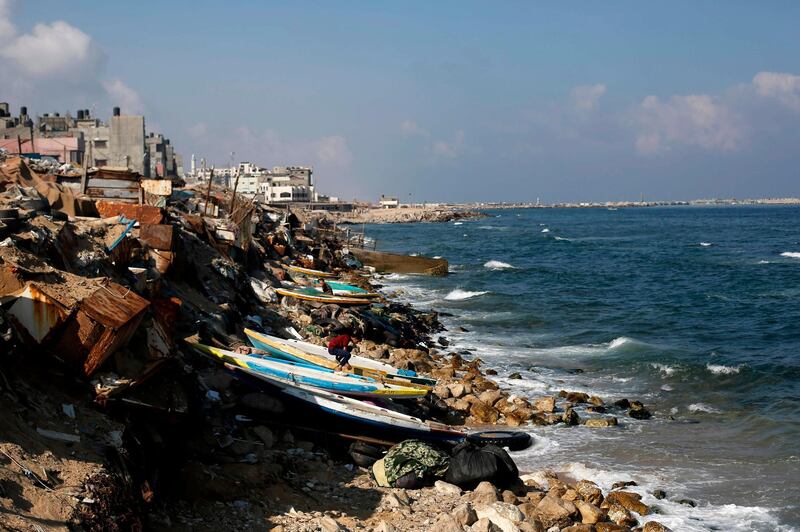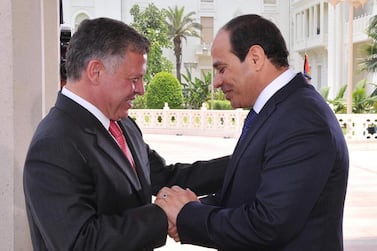Israel has closed access to the sea for Gaza’s fishermen for an unspecified duration after a series of incendiary balloons were launched from the coastal enclave into Israel.
The developments violate an unofficial May cease-fire deal between Israel and Hamas, the extremist group that controls the Gaza Strip, reached after the deadliest flare up since the 2014 war. Israel would not comment on the deal, as it does not publicly negotiate with Hamas, but local media reported at the time that it included Israel extending the fishing limit and Hamas agreeing to prevent the launching of incendiary balloons into Israel.
Israel, which controls almost all of what comes in and out of Gaza, has imposed a land and sea blockade since 2007, when Hamas ousted its rival, the Fatah party-dominated Palestinian Authority and took control of the territory, imposing an extreme form of religious rule. Gaza’s economy has since collapsed and the United Nations warns that it will be “unliveable” in six months due to the lack of clean water, electricity and sewage disposal.
Since March last year, Gazans have been holding weekly demonstrations by the buffer zone dividing Gaza and Israel to press for an end to the siege and the Palestinian right of return. Israeli soldiers have frequently fired at protesters and at least 294 Palestinians in Gaza and six Israelis have been killed in related violence since March 2018, according to Agence France-Presse news agency.
Attendance at the weekly protests, also called The Great March of Return, has declined in recent months as Hamas has sought to contain tensions. But the continued launching of incendiary balloons has incensed Israeli authorities, who complain of the dangers to civilians and the millions of dollars in damage caused by fires lit by the balloons.
Gaza’s fishing access has long been a point of contention – and give and take – between Israel and Hamas. Israel agreed to extend the limit at which it would permit fishing to 15 nautical miles offshore after the unofficial May cease-fire. But it reduced access last week after Israel said several fires started from incendiary balloons and by Tuesday cut it down to six nautical miles before forbidding fishing in the zone entirely.
“Due to the continued fires and flying of incendiary balloons from the Gaza Strip, it was decided this evening to impose a naval closure on the strip until further notice,” Israel’s Defence Ministry said in a statement.
Before that decision, however, a spokesperson for the Israeli Prime Minister Ofir Gendelman, tweeted a picture of football player Mohamed Salah in swimming trunks holding a fish aboard a boat.
"Burning fields means a reduction in the space for fishing,” he wrote. “Look at Mohamed Salah. Don’t you want to be like him? Don’t you deserve to catch big fish like him? Of course, but this isn’t possible if the terrorism continues.”
This is the third time this year that Israel has closed Gaza’s fisheries.
Israeli non-profit Gisha Legal Centre for Freedom of Movement, which advocates for Palestinians, said: “The sanctions imposed by Israel in Gaza's fishing zone in response to actions over which fishermen in Gaza have no control constitute illegal collective punishment, and must end immediately.”






